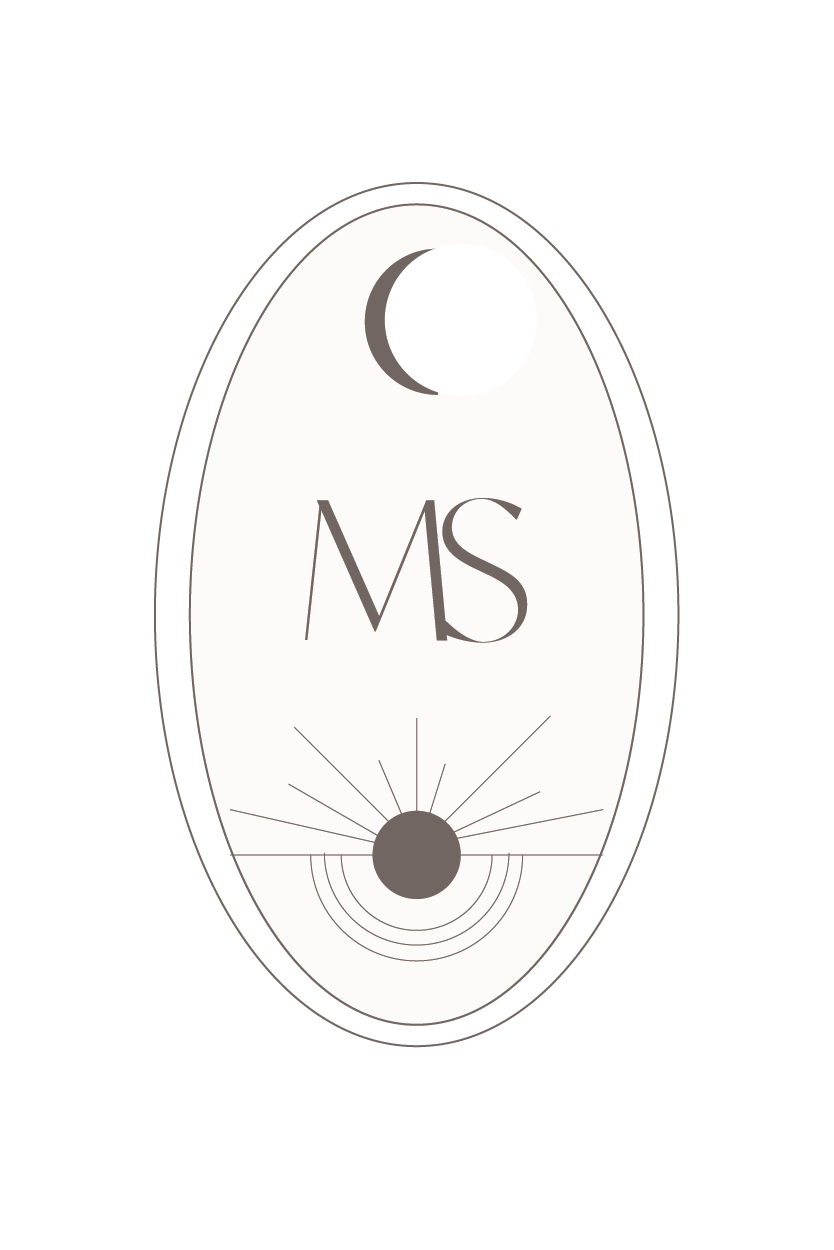The Expert
When I was seven years old, I was diagnosed with acute lymphoblastic leukaemia, a blood cancer that is the leading cause of cancer deaths in children. I am immensely fortunate to have been born in a city that has one of the best children’s hospitals in the world, and I received top-notch care by a large team of medical professionals. In a strange way, I look back at the years I spent undergoing chemotherapy with something akin to fondness; I was too young to grasp the severity of the situation and I had full faith in the experts who were fixing me.
Everyone was so kind, from Posey the Clown, to the nurses who became my friends, to the team of oncologists who allowed a hint of kindness to shine through their veil of intimidation. I was confident they all knew what they were doing. I knew they had everything under control because I was in a hospital, a place where experts (identified by their white coats and self-assurance) healed sick patients (identified by the balding heads of children and uncertainty of their guardians).
Two decades later as I reflect on that experience, I have realized that I learned from a very young age that I should not be trusted to take care of myself. After all, I was my own worst enemy. My bone marrow was making too many immature white blood cells, and I needed experts to repair the destruction my body had inflicted upon itself. To some extent, we all learn this lesson early on: parents know best, teachers know best, the government knows best… and some of us internalize this message more than others.
When one goes through a trauma such as childhood cancer, there is an understandable concern with treating the disease and tracking the side effects of the treatment. For instance, my height and weight were tracked zealously- I learned from an early age to fear the dreaded scale, but that is a different story- and I was followed for many years after treatment was completed to ensure that I was not displaying symptoms that would indicate relapse of the cancer.
There was much less of a concern regarding how the experience had effected my mental well-being. This seems perfectly reasonable to me. I probably wasn’t displaying any obvious symptoms of distress, and these were professionals who specialized in blood-related cancers, not psychology. Furthermore, who isn’t going to be affected negatively by this jarring experience at the tender age of seven? Perhaps I had been immersed in the world of mortality, death and suffering a little bit younger than what was expected, but surely once I left the confines of the hospital I would rejoin the ranks of innocent children and be on my merry way?
I had learned from a young age that I was the source of all problems, and that experts were the source of all solutions. It was not long after I completed chemotherapy that I began feeling completely and utterly out of control. This sense of intense anxiety manifested in many forms as time went on, and I continued to search for an expert who could fix me. Each time this failed, I grew more desperate. I have a sneaking suspicion that many people can relate to this experience in one form or another.
We live in a society of the expert. We look to experts to fix all our problems: our health, computers, fitness, business, family issues… and each of these individuals certainly occupy an important place in our modern culture. Progress and expertise have resulted in millions of people living longer and more comfortable lives. The form of leukaemia I was diagnosed with at seven was a death sentence until quite recently; it is now treated in children with a great success rate.
However, the proficiency and skill of an expert has its limits. It is only through mindfulness meditation and yoga that I have truly learned that I am the expert of myself. It seems so simple, but it took me two decades of searching for the perfect expert to realize that it was me. At first this seemed completely preposterous- I was the source of all my suffering and pain- I was clearly the enemy, not the saviour.
But after a few weeks of meditating, I began to learn how to inhabit moments, rather than constantly searching for distraction. I began to loosen the grip of control I held tight, and ironically, that led to a sense of greater peace and security. Meditation and yoga have taught me that my mind and body are infinitely wise; if I just tune in to the right channel, I can understand the lessons they are trying to bestow upon me. I will never again falsely believe that there is someone or something external to myself that can make me feel whole.
